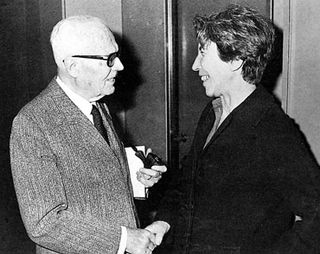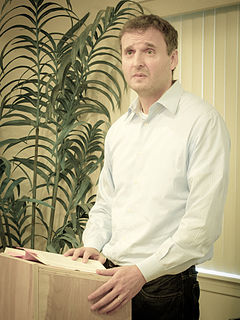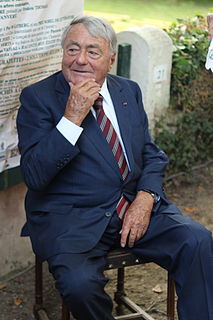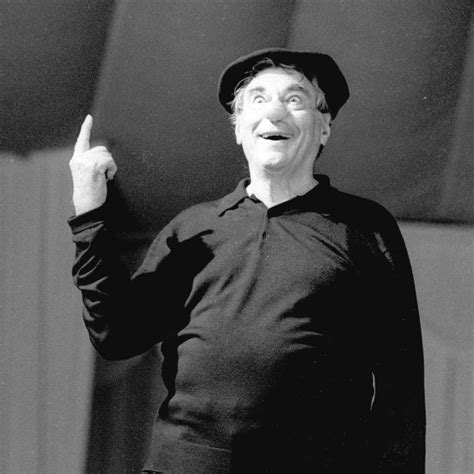A Quote by Michael Haneke
I always seek to mobilize, to call on the imagination of the spectator. It's well-known that the images that are created by one's imagination are far stronger than any that I can show. In fact, it's an error, a widespread error in mainstream cinema, to always want to show things and to depict things.
Related Quotes
Of all the things we are wrong about, error might well top the list ... We are wrong about what it means to be wrong. Far from being a sign of intellectual inferiority, the capacity to err is crucial to human cognition. Far from being a moral flaw, it is inextricable from some of our most humane and honourable qualities: empathy, optimism, imagination, conviction, and courage. And far from being a mark of indifference or intolerance, wrongness is a vital part of how we learn and change. Thanks to error, we can revise our understanding of ourselves and amend our ideas about the world.
The world always makes the assumption that the exposure of an error is identical with the discovery of truth - that error and truth are simply opposite. They are nothing of the sort. What the world turns to, when it has been cured of one error, is usually simply another error, and maybe one worse than the first one.
When things get bad enough, then something happens to correct the course. And it's for that reason that I speak about evolution as an error-making and an error-correcting process. And if we can be ever so much better - ever so much slightly better - at error correcting than at error making, then we'll make it.
Error is a supposition that pleasure and pain, that intelligence, substance, life, are existent in matter. Error is neither Mind nor one of Mind's faculties. Error is the contradiction of Truth. Error is a belief without understanding. Error is unreal because untrue. It is that which stemma to be and is not. If error were true, its truth would be error, and we should have a self-evident absurdity -namely, erroneous truth. Thus we should continue to lose the standard of Truth.
To say that a thing is imaginary is not to dispose of it in the realm of mind, for the imagination, or the image making faculty, is a very important part of our mental functioning. An image formed by the imagination is a reality from the point of view of psychology; it is quite true that it has no physical existence, but are we going to limit reality to that which is material? We shall be far out of our reckoning if we do, for mental images are potent things, and although they do not actually exist on the physical plane, they influence it far more than most people suspect.
When I did the first edit of Les plages, it was very dry and very square in a way. I was just saying the minimum. I said, Well, if this is the minimum, I don't make it. So I tried to make it more refined. I tried to find images, allegorical images, that I could use to express things that I didn't want to say or didn't want to show or I was not able to find how to show.
My movies are always being played on television, I'm very well known and all that stuff - I go all over the world, I have access to many things, many people, many places and it's wonderful. But now I'm at a point where...I thought it was time to show some of it, to show some of my feelings about things and what I preferred at the time. I prefer them still but not to the extent I did at the time.






































